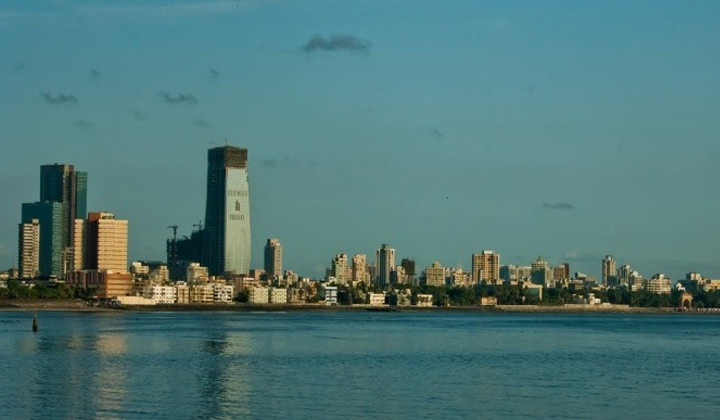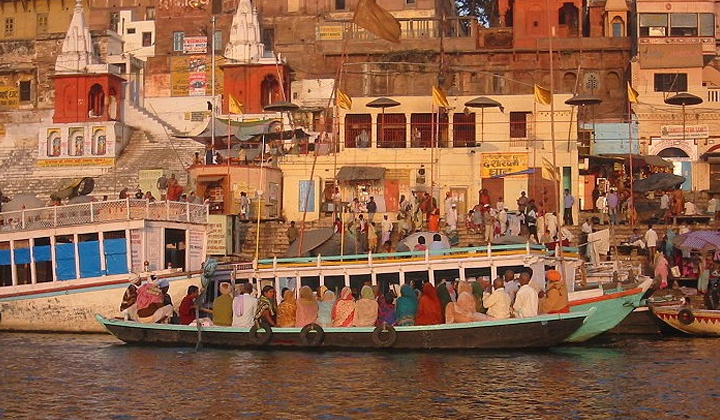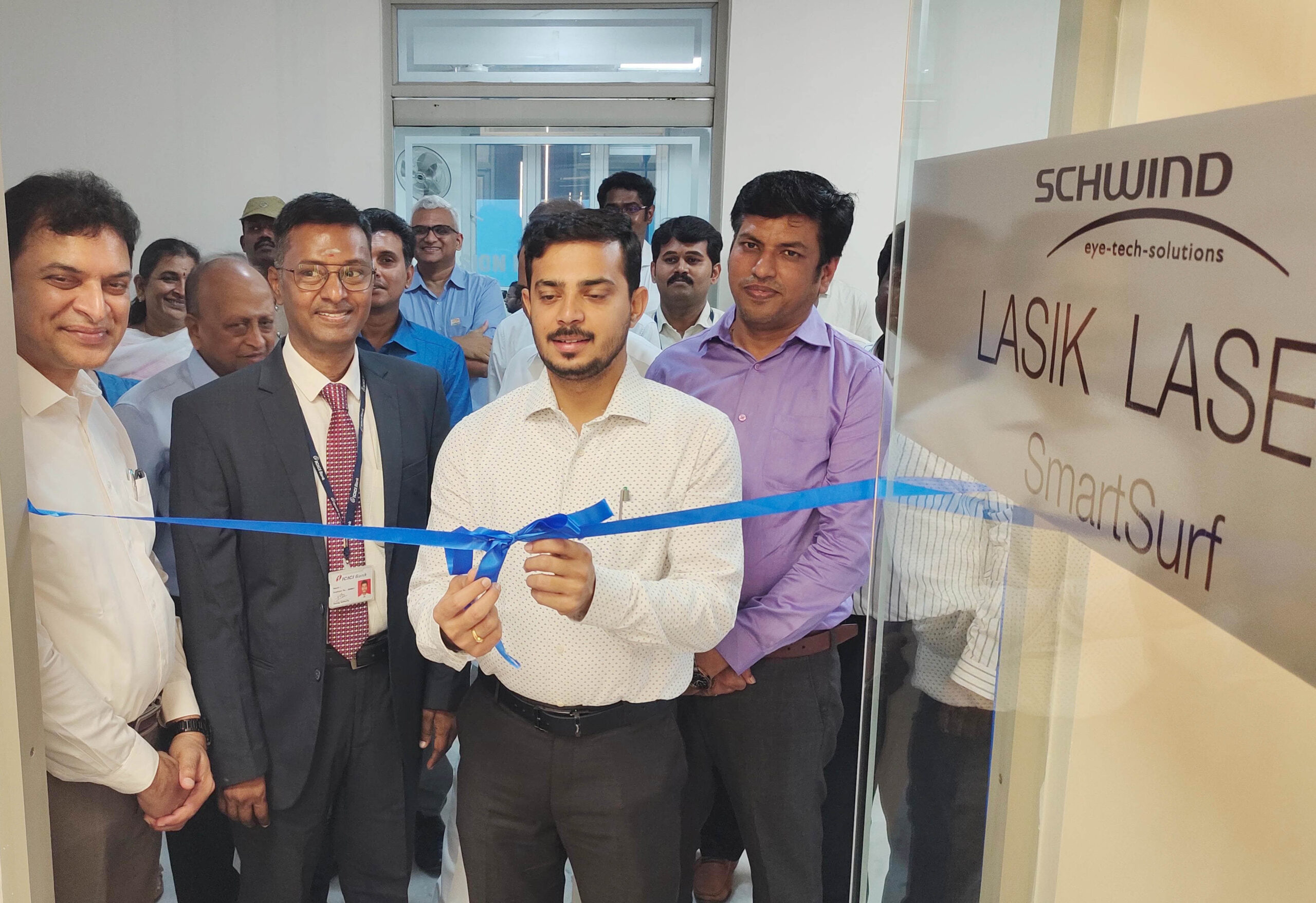Trending Now
- Alliance talks between AIADMK and BJP are ongoing. An announcement will be made at the right time – Union Home Minister Amit Shah.
- Vijay spoke about TVK vs. AIADMK only to motivate party workers – AIADMK General Secretary Edappadi K. Palaniswami.
- South Indian audiences are not interested in Hindi films, which is why they don’t succeed – Salman Khan.
- KL Rahul joins Delhi Capitals; the team will face Hyderabad tomorrow.
Real Estate
Economically viable city alone is Smart
![]() August 22, 2015
August 22, 2015
E Jayashree Kurup
‘Smart City’ is a much-misused term. There is no one definition of smart; is it technology driven, easy to live in, safe and green, well-planned, any of these or all of the above.
Nobody is quite sure. However there is one thing that I am sure of, a smart city is one where the liveability quotient is very high and where everybody has economic benefits – the city, the localities and the citizens.
When you choose a property to live in, do you look city-wide? Maybe not.
You start with a budget, see what locality options you have, choose from those depending on your preferences – distance from workplace, what matches your lifestyle, where there are good transport links and options and one that is safe for you to stay in.
If there are so many considerations when you choose a property to stay in, why would the constituents of a smart city be any less?
I have been writing about many cities that redeveloped, reinvented themselves even. Take Indore as a case in point. A dynamic mayor Kailash Vijayvarghia, asked complaining citizens to suggest what changes they would like to see in their city.
These suggestions were taken seriously and a new Master Plan drawn up with the help of experts. It was put up publicly for citizens to comment on and that evolved into the city’s new Master Plan. However, in that process additional areas were master planned for future development.
The city today is poised for future growth only because of this initiative which brought in national developers for residential and commercial development.
There was Tirupur which enlisted citizens in upgrading the quality of water services. As an industrial town for textiles, there was a water project already underway. Citizens expressed willingness to pay for better quality of services. And the project took off.
So, to get back to what is a smart city; it is not a cheaper city to live in upfront. Quality of services improve but citizens pay for those services as well. When you have 24×7 drinking quality water coming from taps, you have to pay for the service. However, you do not have to pay for personal RO systems in every house, where 40 per cent of water is wasted; you do not have to store water, which is often tipped over if left unused; you have to pay less for health interventions as the quality of basic services are of usable quality.
Similarly, solid waste management that we took for granted a few years ago has become significant enough for the Prime Minister to launch a flagship programme Swachh Bharat. The country has become one big dumping ground and requires everyone to participate in the clean-up.
Waste has become a great source of wealth globally. However, that requires planned intervention, where city managements collect waste and deposit it with processing companies.
The waste collection and depositing with the processing agency is a cost to the city government and the waste managers convert it to wealth. There are best practices in India where a city in Tamil Nadu went zero waste.
Achieving a smart city status is very doable, provided you are with the government in every step. Active participation from your end will go a long way in making your city a smart place to live in.
























